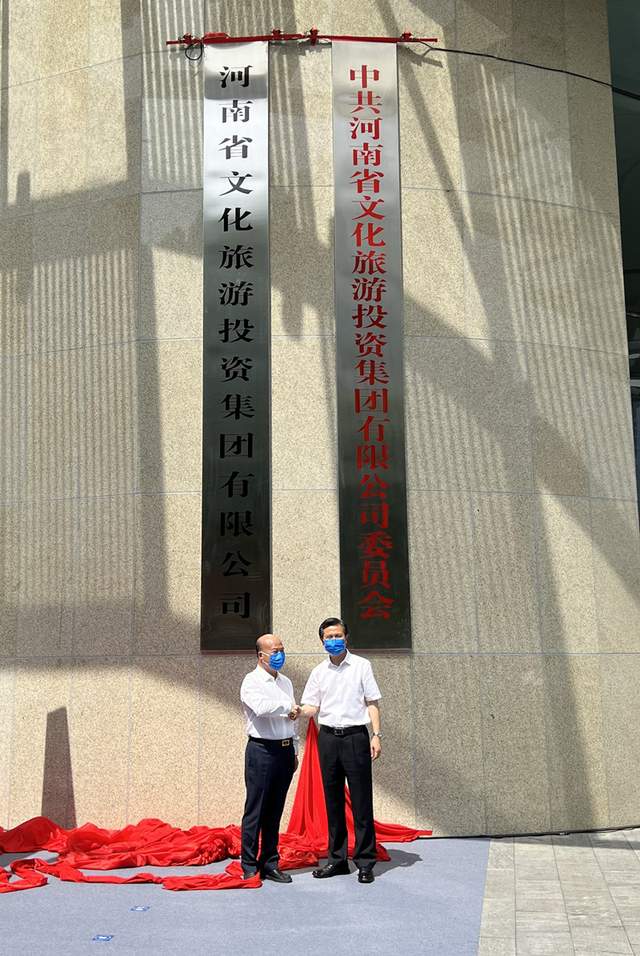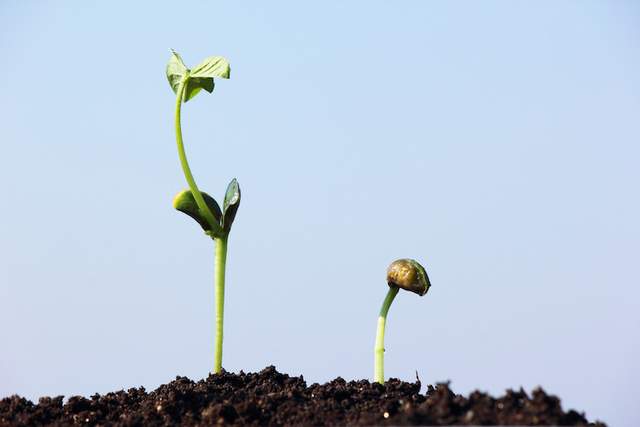Han Yu depreciated to South Korea Economic Lauli Alert
Author:Global Times Time:2022.06.24
Zhang Jing, a special reporter in Korea in Korea
"Korean companies are in a state of emergency." Yonhap News Agency reported on the 23rd that as the Russian -Ukraine conflict continued, the price of international crude oil and raw materials soared, and the exchange rate of the US dollar soared, which caused serious concerns about Korean companies. According to a report from the Korean KBS TV station on the 23rd, due to the influence of the major news of the US economy on the evening of the 22nd, Powell, Powell, stated in the Senate hearing, the exchange rate of the US dollar on the US dollar on the 23rd reached 1300: 1, which was 2009. It was 2009. New lows since mid -July. Powell's statement has further enhanced the preferences of security assets in the Korean foreign exchange and capital market, and the stock market is significantly under pressure. On the 23rd, the South Korean KOSPI index closed down 1.22%to 2314.32 points.
This year's trade revenue or existing deficit
The Yonhap News Agency said that the high exchange rate will lead to a decline in exported goods priced in US dollars, so it is good for South Korean export companies. However, as the import price of raw materials has increased, the cost burden of raw materials for domestic production companies will further increase. Taking a large amount of US dollar bonds in South Korea's refining industry as an example, this trend will cause a heavy burden. At the same time, rising exchange rates are usually conducive to the formulas of export companies may no longer work. Generally speaking, when the exchange rate rises in the depreciation of the Korean won, the price competitiveness of South Korea's export products has increased. Auto, shipbuilding, home appliances, etc. can be more "cheap" due to the depreciation of the Korean won in the short term. However, at present, the cost of importing raw materials is soaring, and the above -mentioned companies may have declined. Some analysts believe that for the semiconductor industry of the main export industry, the depreciation of the Han Dynasty will lead to an increase in the cost of import equipment and raw materials.
South Korea ’s trade revenue and expenditure in 2022 will be the first deficit after 1996. Yonhap News Agency reported on the 21st that the International Trade Institute under the South Korean Trade Association predicted that South Korea ’s trade revenue and expenditure this year will change from a surplus to deficit after 14 years, and the deficit scale will reach a new high since 1996. Although the exports of South Korea this year are expected to increase by 9.2%year -on -year to US $ 703.9 billion, the first one in history has broken $ 700 billion. However, it is expected that imports will increase by 16.8%to $ 718.5 billion. This generates a US $ 14.7 billion trade deficit, which is not only higher than the US $ 13.2674.1 billion when the financial crisis broke out in 2008, but also the highest level since 1996 ($ 20.6 billion). The main reason is that some industries exports to the rise in international oil prices.
The financial market is uneasy
South Korea ’s YTN TV reported on the 23rd that the uneasy psychology of the Korean financial market is spread rapidly. South Korea's financial authorities believe that with the increase in the anxiety of the Korean economy's stagnation, the market uncertainty is also increasing. The depreciation of the Korean won will bring high prices and benchmark interest rates, which will further reduce corporate activity. Therefore, market investors hope to have more "Safety assets" US dollars. To this end, South Korea further strengthened relevant response measures. On the morning of the 23rd, the South Korean Financial Commission held a second financial crisis response to special working group meeting to discuss institutional issues such as preventing financial events and advance capital payment.
"The Korean stock index and the value of the Korean won have both declined, and the financial pressure index is worthy of attention." "Korean National News" reported that due to the intensive tightening pace of the US and South Korean central banks and concerns about economic recession, South Korea's major financial indicators are plummeting. There is a concern of concerns that we should pay attention to the alarm sounded in the financial market.
On the 20th, the KOSPI index of South Korea fell below 2400 points after 6 months, and Kospi was reported at 2988.77 points on January 3 this year. The exchange rate against the US dollar also plummeted all the way. At the beginning of the year, the exchange rate of the US dollar to the US dollar was 1192: 1, and on the 23rd, the exchange rate of South Korea's to the US dollar fell to 1300: 1.
According to the Bank of Korea and the financial community, the South Korean financial pressure index was comparable to the 2008 global financial crisis. The Korean financial department is worried that the financial system is facing crisis, and bonds and debt are intricately intertwined. In particular, if the repayment of families and enterprises "borrowing debt investment" during the new crown pneumonia's epidemic is reduced, the sound of related financial institutions will also have problems.
Restaurant consumption makes office workers discourage
"There are more and more colleagues who buy lunch from convenience stores at noon." According to the Asian Daily reported on the 21st, employees working in a company in Jiangnan, Seoul, South Korea said that "recently, the price of restaurants near the company has risen straight, and the price of a bowl of soup rose to 12,000 won (about 62.4 yuan RMB), the happiness of a cup of coffee after lunch is also a luxury. Correction of office workers who choose cheap libraries have gradually increased. It is reported that the prices of major necessities in South Korea have risen sharply since this year. The average price of a bowl of cold noodles in Seoul rose to 1.02.69 million won, and the unit price of bibimbap, cutting noodles, and kimchi soup rose to 9536 won, 8269 won, and 7308 won, respectively, an increase of 200 won to 500 won from the beginning of the year.
A report released by the Bank of Korea on the 21st believes that due to the comprehensive influence of external factors such as energy and global grain prices and the supply chain crisis, the price increase in South Korean consumer prices this year may exceed 5%. ▲
- END -
News!Henan Cultural Tourism Investment Group Co., Ltd. is listed in Luoyang

Top News · Henan Daily reporter Guo Geji XiaopingOn the morning of June 19, Henan...
"Soybean sowing method" suitable time, sowing amount, depth, and first birth point

[Soybean sowing method] Explain the appropriate time, sowing amount, depth, and fi...